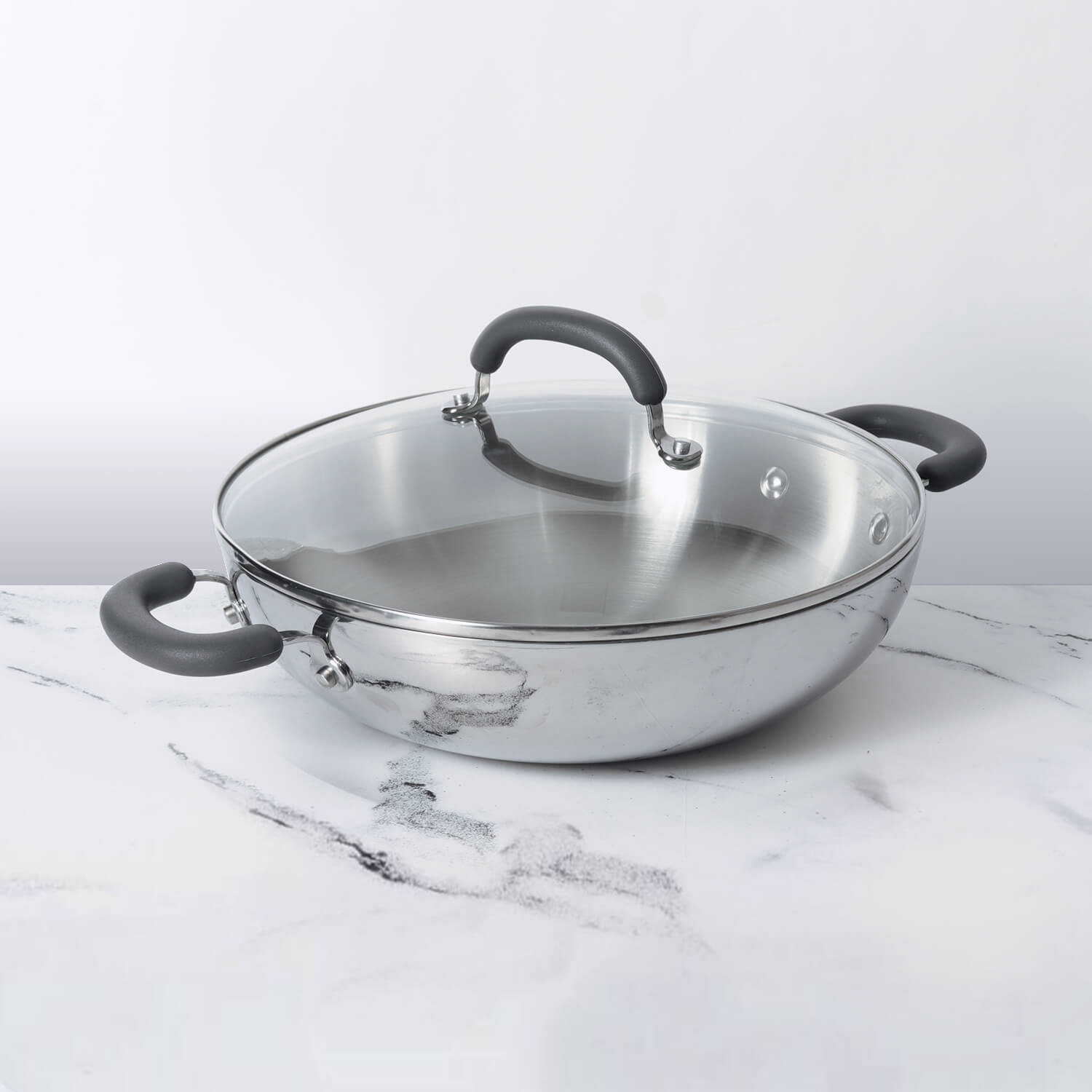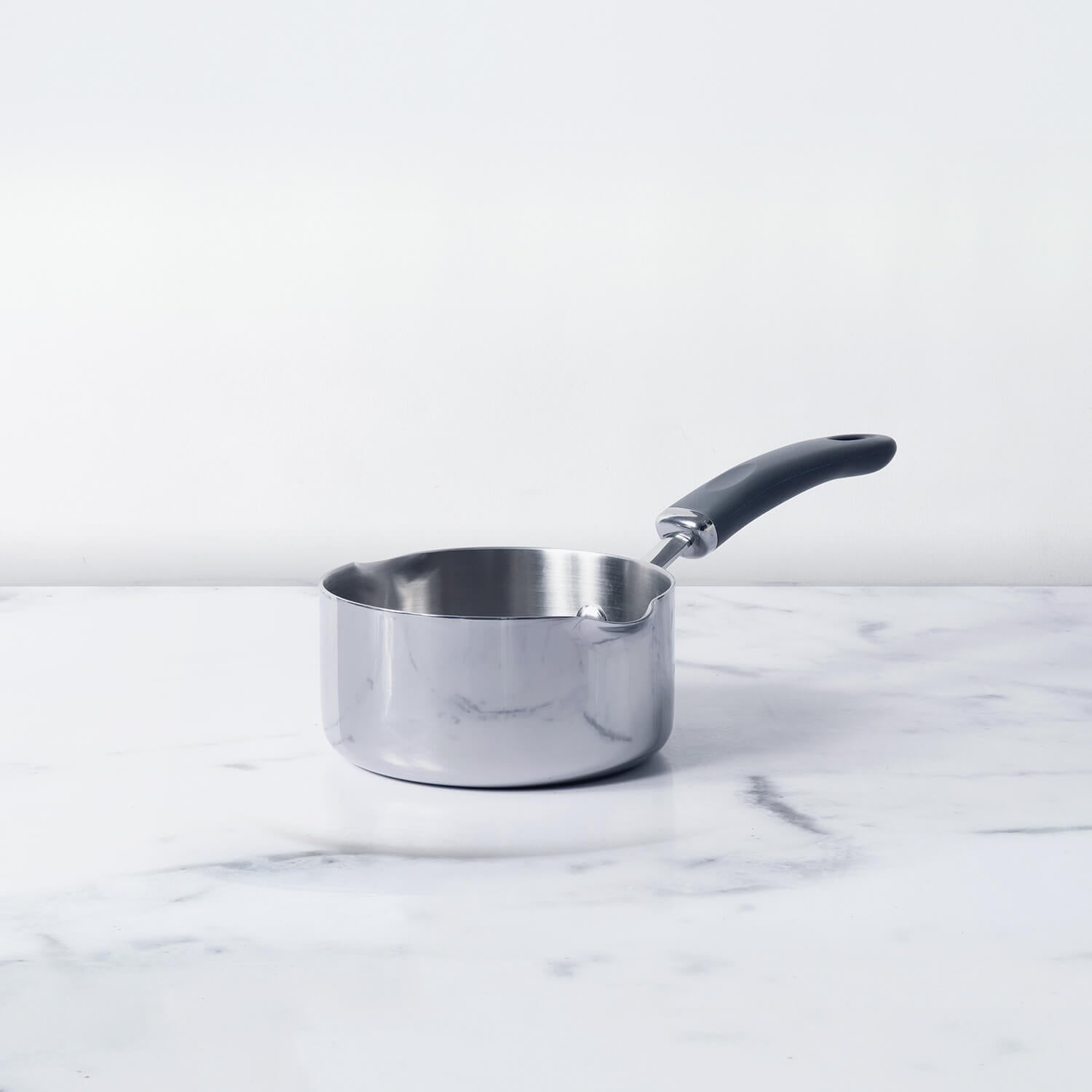As a healthy breakfast resolution for the new year, commit to starting your day with nutrient-rich, balanced meals that provide the energy and vitality you need. Prioritize fresh fruits, vegetables, lean proteins, whole grains, and healthy fats. Aim to limit added sugars and processed foods in your morning routine. Make time to enjoy your breakfast mindfully, allowing yourself to savor each bite and set a positive tone for the day. Plan ahead and prepare breakfast options that align with your health goals, whether it's a smoothie, a hearty omelet, or a wholesome bowl of oatmeal. By making this resolution, you'll not only enhance your overall well-being but also establish a foundation for healthier eating habits throughout the year.
Table of Contents
What is Breakfast?
Breakfast is the first meal of the day, typically eaten in the morning after waking from a night's sleep. It literally means "breaking the fast" from the hours of sleep when the body receives no nourishment. Breakfast can vary widely across cultures and individual preferences but generally includes a combination of foods such as grains (cereals, bread, or oats), dairy (milk, yogurt), protein sources (eggs, meat, or plant-based alternatives), and fruits or vegetables.
Importance of Breakfast:
The importance of breakfast lies in its impact on overall health and well-being:
- Energy Boost: Breakfast provides the body with essential nutrients and calories after a prolonged period without food, replenishing glycogen stores in the liver and muscles. This energy is needed to kickstart the day and perform physical and mental tasks effectively.
- Improved Concentration and Focus: Eating a balanced breakfast can enhance cognitive functions like memory, attention, and problem-solving, making it easier to concentrate at work or in school.
- Weight Management: Contrary to the belief that skipping breakfast aids weight loss, research suggests that a nutritious breakfast can help control appetite and prevent overeating later in the day, thus supporting healthy weight management.
- Metabolism Kickstart: Breakfast can rev up your metabolism, helping your body burn calories more efficiently throughout the day.
- Nutrient Intake: A well-rounded breakfast allows you to consume essential nutrients like fiber, vitamins, and minerals, which are often lacking in a diet consisting of convenience foods and snacks.
- Blood Sugar Control: Breakfast helps stabilize blood sugar levels, reducing the risk of energy crashes and mood swings.
- Heart Health: Some studies have linked regular breakfast consumption to a lower risk of heart disease, possibly due to healthier eating habits.
What Should You Include In Your Breakfast?
- Incorporate Protein: Protein helps you feel full and provides sustained energy. Consider including options like eggs, Greek yogurt, lean meats, tofu, or legumes.
- Add Fiber: Fiber aids digestion and helps maintain stable blood sugar levels. Whole grains like oats, whole wheat, and quinoa are excellent sources. Fruits and vegetables also contribute to your daily fiber intake.
- Include Healthy Fats: Healthy fats, such as those from avocados, nuts, seeds, and olive oil, are essential for overall health and can help keep you satisfied.
- Limit Added Sugars: Minimize foods and beverages high in added sugars. Choose natural sources of sweetness like fresh fruit, honey, or pure maple syrup.
- Variety of Fruits and Vegetables: Incorporate a variety of colorful fruits and vegetables into your breakfast. They provide essential vitamins, minerals, and antioxidants.
- Hydration: Start your day with a glass of water to rehydrate your body after a night's sleep. You can also enjoy herbal tea or a small glass of 100% fruit juice (in moderation).
- Portion Control: Pay attention to portion sizes to avoid overeating. A well-balanced breakfast doesn't need to be enormous.
- Preparation: Whenever possible, prepare your breakfast at home, as this gives you better control over the ingredients and portion sizes. Homemade breakfasts are often healthier than restaurant or fast-food options.
- Timing: Aim to eat breakfast within an hour or two of waking up to kickstart your metabolism and provide energy for the day.
- Plan Ahead: If you have a busy morning, consider preparing components of your breakfast the night before, such as overnight oats or a smoothie ready to blend.
- Listen to Your Body: Pay attention to your body's hunger and fullness cues. Everyone's nutritional needs are different, so adjust your breakfast based on your appetite and activity level.
Healthy Indian Breakfast Ideas for New Year 2024:
Here are some examples of healthy Indian breakfast dishes:
- Idli and Sambar: Idli is a steamed rice cake made from fermented rice and urad dal (black gram). It's served with sambar, a flavorful lentil and vegetable stew, and coconut chutney. This is a light, gluten-free breakfast rich in protein.
- Upma: Upma is a savory semolina porridge cooked with vegetables, spices, and sometimes nuts. It's a quick and nutritious breakfast option.
- Poha: Poha is flattened rice cooked with turmeric, mustard seeds, curry leaves, and often peas and peanuts. It's a light and easy-to-prepare breakfast.
- Dosa with Coconut Chutney: Dosa is a thin, crispy fermented rice and urad dal crepe. It's typically served with coconut chutney and sometimes a potato masala filling.
- Paratha with Yogurt: Whole wheat parathas are stuffed with various ingredients like spinach, potatoes, or cauliflower and served with yogurt. They're a filling breakfast option.
- Sprouts: A bowl of sprouted lentils or legumes, such as moong dal (green gram) or chickpeas, is a protein-rich, raw breakfast option. You can season them with spices and herbs for added flavor.
- Muesli with Yogurt and Fresh Fruits: A modern and healthy breakfast option, muesli is often mixed with yogurt and topped with fresh fruits like bananas, apples, or berries.
- Besan Chilla: Besan chilla, also known as gram flour pancakes, are made from chickpea flour and can be customized with various vegetables and spices. They are a good source of protein.











Leave a comment